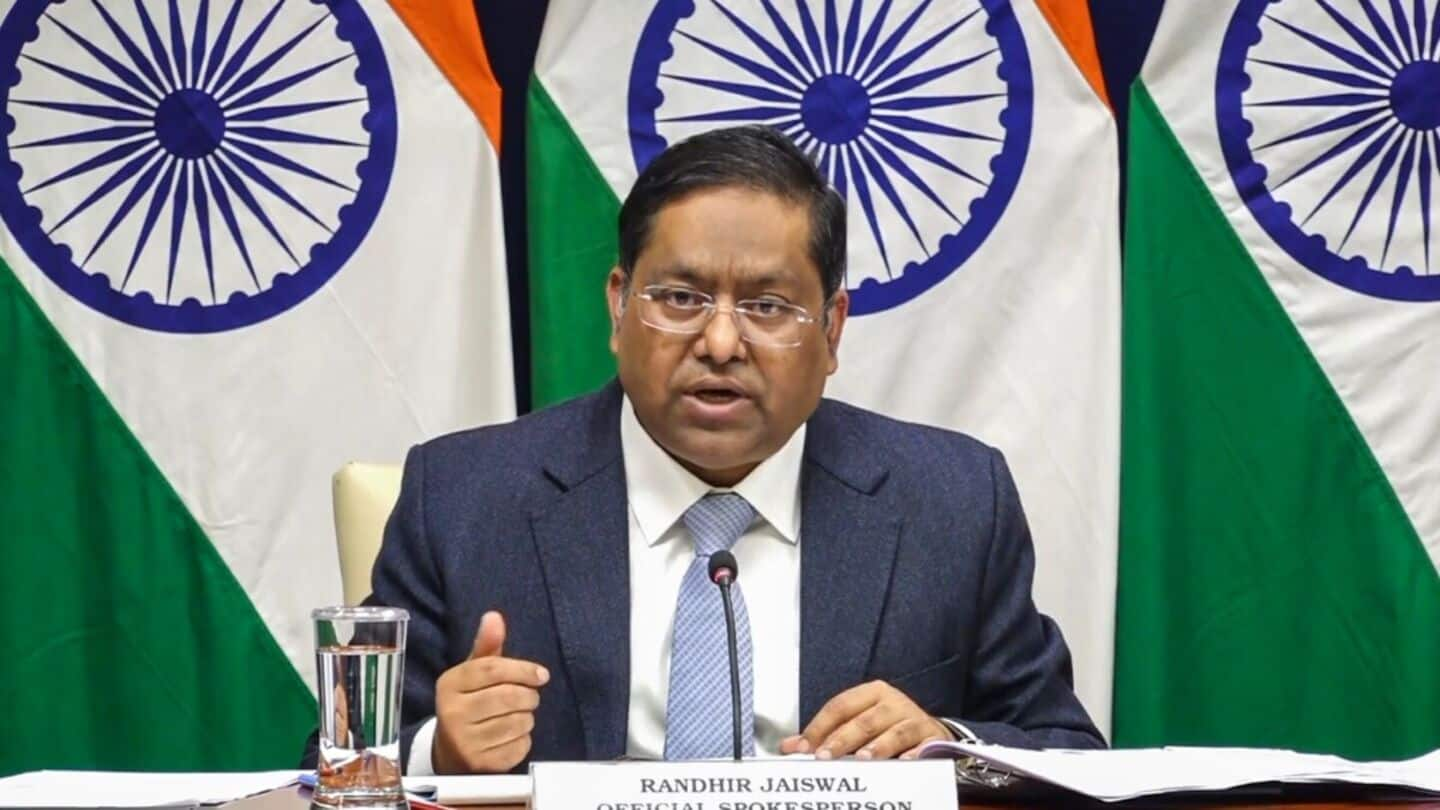
'Focus on..': India schools Bangladesh over comments on Bengal violence
What's the story
India's Ministry of External Affairs (MEA) has rejected recent comments made by Bangladesh regarding the communal violence in Murshidabad, West Bengal.
MEA dismissed the comments as "unwarranted comments" and "virtue signaling."
The comments came after Shafiqul Alam, press secretary to Bangladesh's Chief Adviser urged India to "fully protect" its Muslim minority population there.
Alam also rejected the Indian government's claims of Bangladeshi involvement in the Murshidabad violence.
Response
MEA urges Bangladesh to prioritize minority rights
In a statement, the MEA said, "We reject the remarks made by the Bangladesh side with regard to incidents in West Bengal."
"This is a barely disguised and disingenuous attempt to draw a parallel with India's concerns over ongoing persecution of minorities in Bangladesh, where criminal perpetrators of such acts continue to roam free," spokesperson Randhir Jaiswal said.
Incident timeline
Murshidabad violence: A timeline
The communal violence in Murshidabad started on April 4 during a protest over the Waqf (Amendment) Act.
The situation turned into rioting on April 8, when a mob of about 5,000 blocked NH-12 at Umarpur.
Police were allegedly attacked with bricks, iron rods, sharp weapons, and firebombs.
Then on April 11, fresh violence broke out in Suti and Samsherganj, causing widespread property damage and forcing many families to leave their homes.
Legal proceedings
Centre has sought clarification from the state
Preliminary inquiries by the Indian External Affairs Ministry purportedly indicated the participation of Bangladeshi miscreants, allegedly aided by local TMC leaders, in the incident.
"We strongly refute any attempts to implicate Bangladesh in the communal violence in Murshidabad," press secretary Alam responded.
The Centre has since sought clarity from the Bengal government over its failure to protect lives and property, the attack on railway infrastructure, and police inaction during the early stages of the violence.